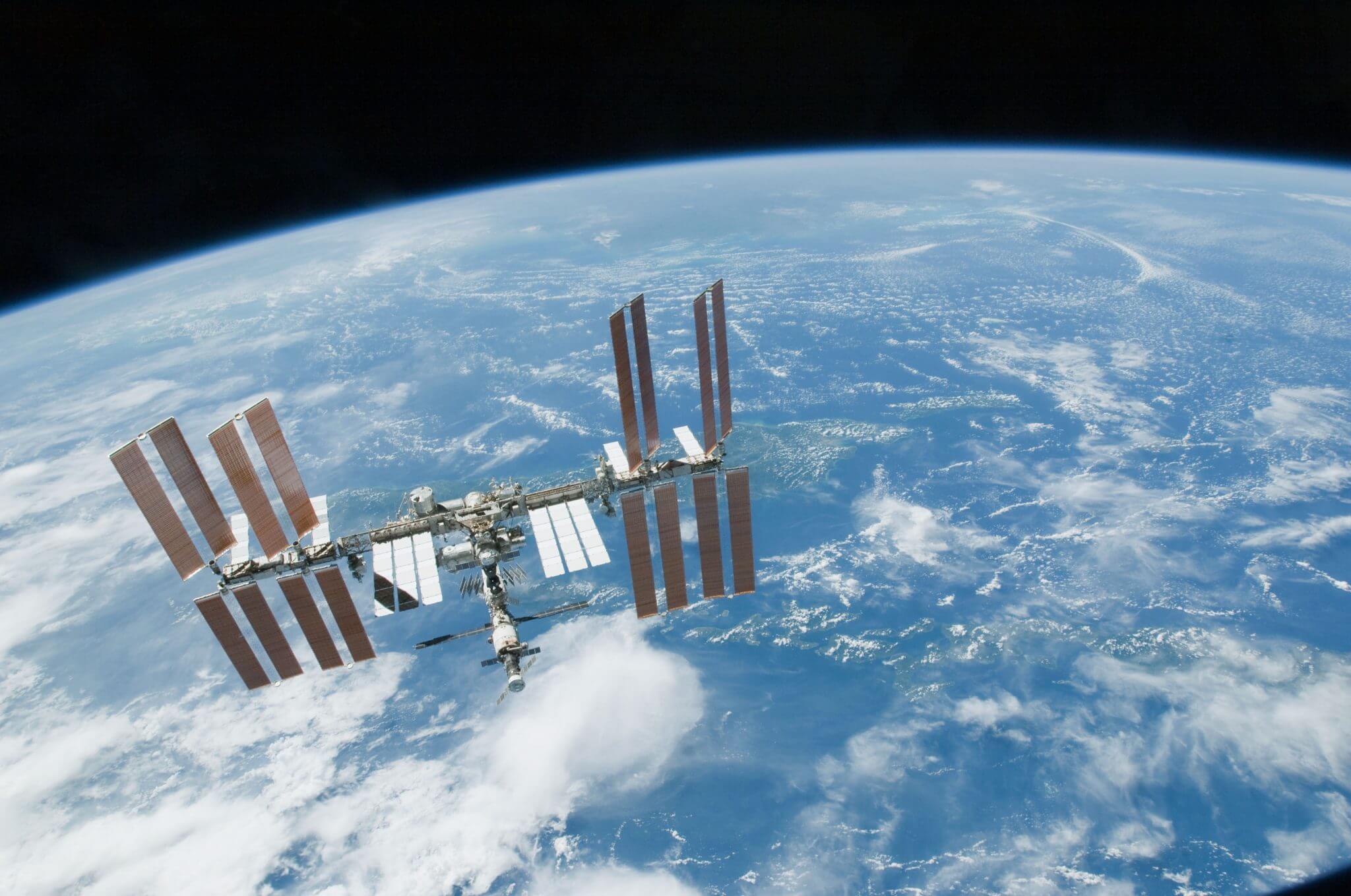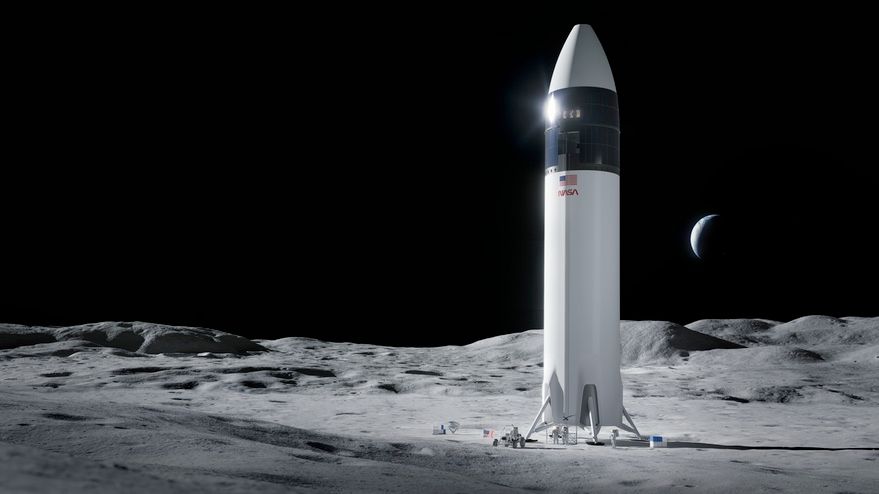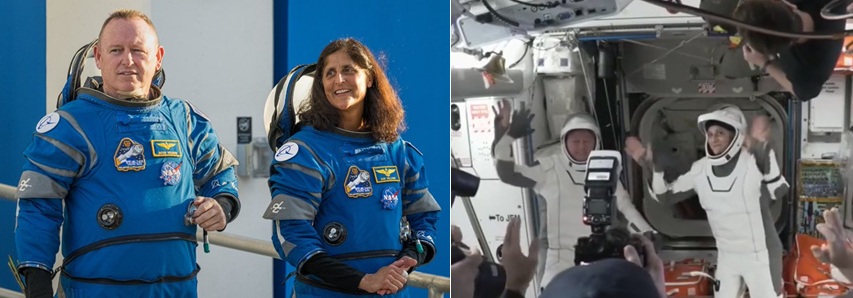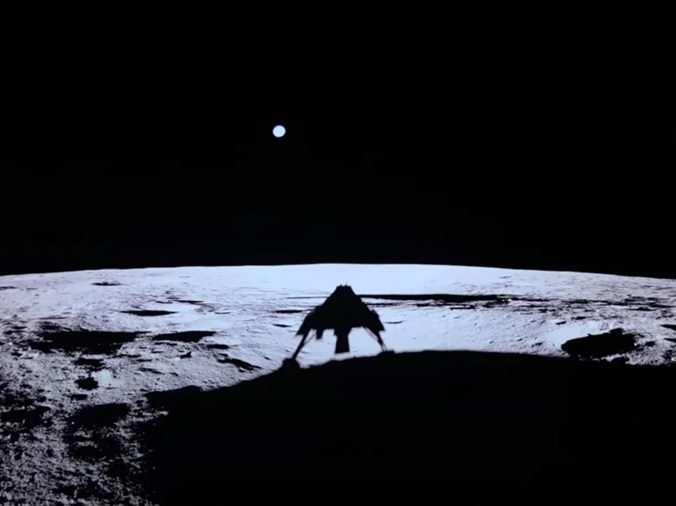The tension between not wanting a policy of appeasement, and, at the same time, not wanting to impose counterproductive sanctions on Russia, has Western governments wondering just what to do about the Ukrainian/Crimean annexation crisis. As this column has previously pointed out, even some of the lesser sanctions that Western nations might impose could result in retaliation damaging to the space industry on both sides. As it is, such sanctions and retaliations would be likely to seriously set back international space cooperation.
While NASA is careful to note that US-Russian cooperation on the International Space Station (ISS) has not been affected by the current crisis, there is anecdotal evidence of an increasing distance between the two agencies and their astronauts even before this crisis began. A recent television documentary shown by the British TV station Channel 4 indicated that both sides usually preferred to do their own thing with regards to work and experimentation on the station. Another example was from Former NASA astronaut, Clayton Anderson who noted on Huffington Post that cooperation between the NASA and Russian teams aboard is often vetted now requiring various permissions before it can take place.
Anderson also recounts that in his day as an astronaut he had been trained in Russia to fly on the Soyuz spacecraft and wear Russian Orlan space suits (and that Russian cosmonauts would likewise be trained on US spacesuits) The same is not true today.
Anderson notes that it was the competitive space race between USA and the Soviet Union which got mankind to the Moon. In the same way, some have suggested that if the US/Russian relationship does refreeze into a new Cold War, that this might actually be good for space development. More circumspect are those space experts who suggest that the Apollo manned missions to the moon was out of logical order for stable progress in manned space exploration. They suggest that Armstrong’s first step on the moon was actually a sort of a misstep as part of an unproductive “stop-start” attitude to space exploration.
Either way, while there are lots of potential losers, one winner in any new Cold War would probably be military space. This sector that has recently been in a downturn since the ending of the wars in Afghanistan and Iraq, and after austerity-induced government spending cuts on defence. As such, any increase in governmental spending on military spaceflight in nations around the world would be gratefully received by the military space sector.






